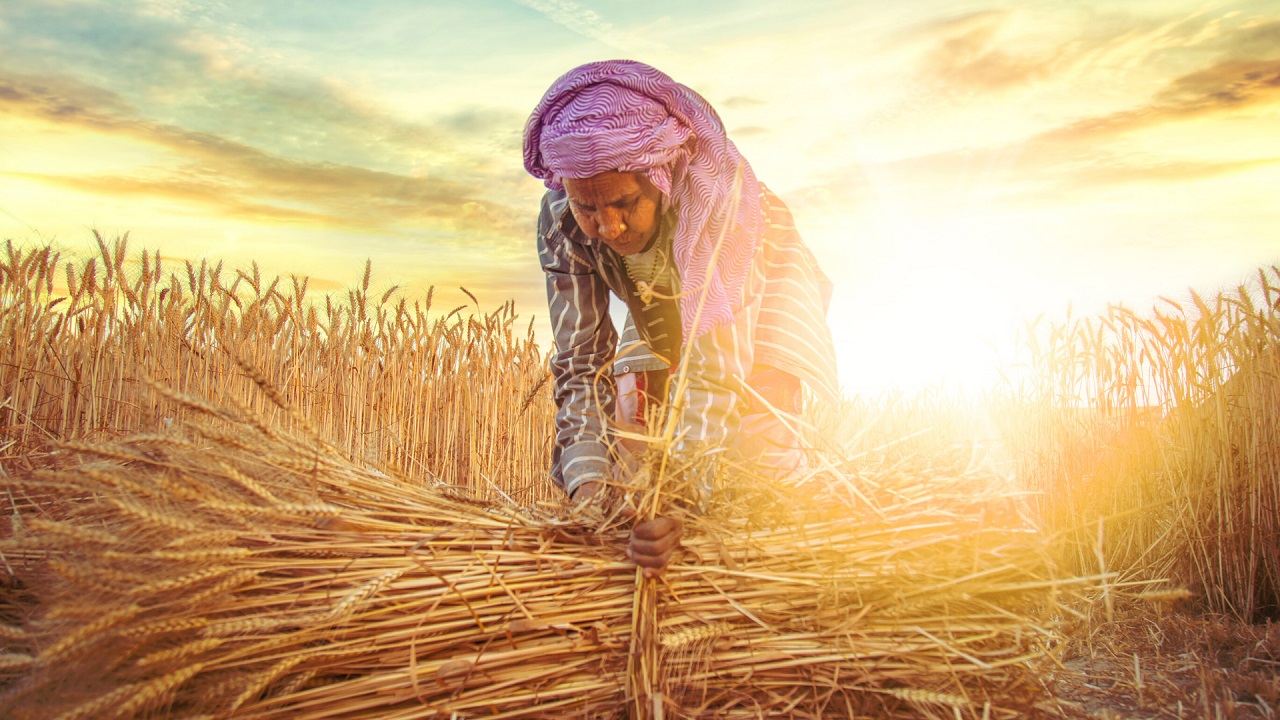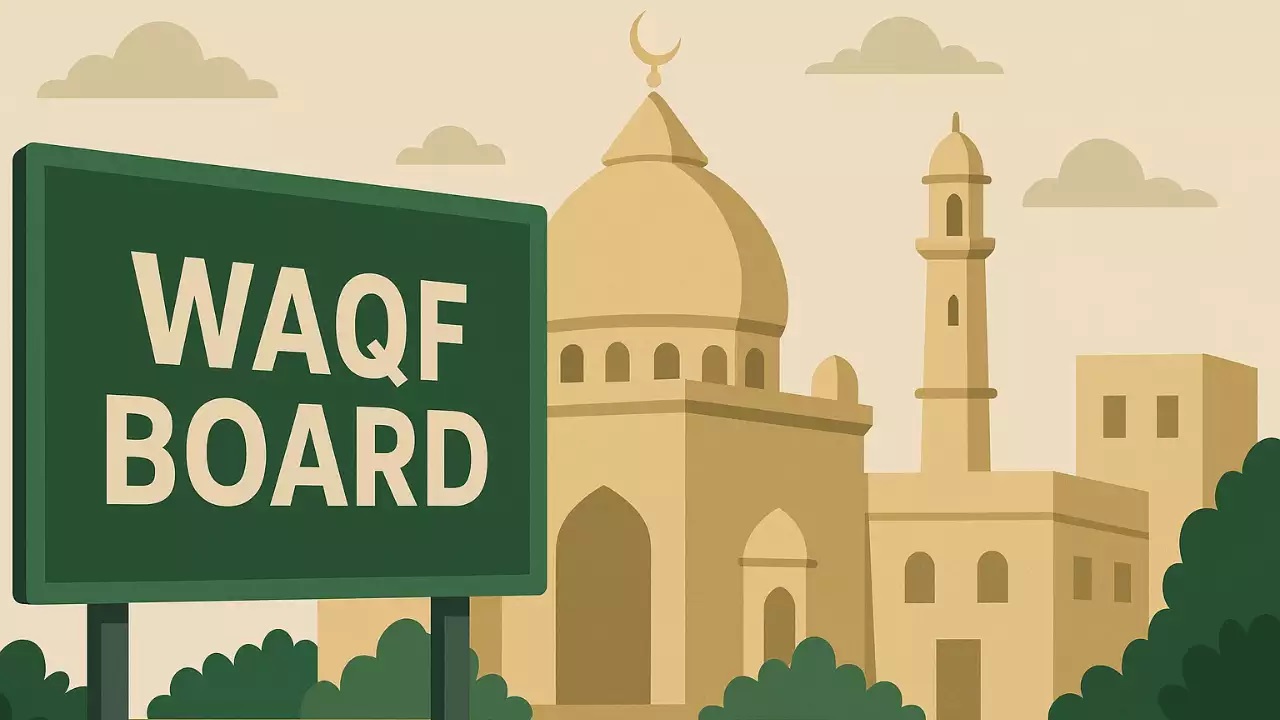Empowering the Woman Farmer: Towards Inclusive Agricultural Growth
Context
In a landmark decision, the United Nations General Assembly, with support from over 100 countries, has declared 2026 as the International Year of the Woman Farmer. This move brings global attention to the critical yet under-recognised role of women in agriculture, especially in developing countries like India.
This recognition also brings into focus the systemic challenges faced by women farmers and the innovative solutions emerging to address them, particularly through recent government policies and collaborative initiatives in India.
Central Role of Women in Agriculture
-
Women are essential contributors to global food production, especially in developing countries.
-
They contribute to 60% to 80% of food production in developing nations.
-
In South Asia, women form 39% of the agricultural workforce.
-
In India, nearly 80% of economically active women are engaged in agriculture.
Despite this, their contributions are undervalued and largely invisible in policy and planning.
-
Only 14% of landowners in India are women.
-
According to the National Family Health Survey (NFHS), just 8.3% of women own land.
This impacts:
-
Access to institutional credit
-
Use of modern tools and technologies
-
Productivity, income, and autonomy in agriculture
Government Support and Policy Measures
Recognising these disparities, the Government of India has launched several initiatives:
-
Mahila Kisan Sashaktikaran Pariyojana (MKSP): Focuses on skill-building and access to productive resources.
-
Sub-Mission on Agricultural Mechanisation: Offers subsidies on farm machinery to reduce drudgery.
-
Under the National Food Security Mission, 30% of the total budget is allocated for women farmers across States and Union Territories.
These schemes aim to:
-
Reduce the gender gap in agriculture
-
Promote sustainable farming practices
-
Ensure access to credit, technology, and inputs
However, the impact depends on:
-
Effective implementation
-
Geographical reach
-
Creation of supportive local ecosystems
Gendered Impact of Climate Change
Climate change disproportionately affects women farmers due to pre-existing gender roles and limited access to resources.
-
Women face heightened risks due to erratic weather, crop failure, and limited coping capacity.
-
Domestic responsibilities further reduce their time and flexibility to adapt.
A promising intervention is the ENACT project (Enhancing Climate Adaptation of Vulnerable Communities):
-
Implemented by the World Food Programme (WFP) with support from the Government of Assam and Norwegian government
-
Focuses on flood-prone regions of Assam
-
Promotes climate-resilient crop varieties and livelihood diversification
-
Over 300 women farmers receive weekly weather and agriculture advisories through mobile phones
-
Establishes Climate Adaptation Information Centres for video conferencing and community meetings
This approach integrates technology, capacity building, and local engagement.
Multi-Stakeholder Collaboration and Scalable Solutions
ENACT is an example of effective multi-stakeholder cooperation involving:
-
State departments
-
Meteorological agencies
-
Agricultural universities
-
Rural livelihood missions
It promotes:
-
Smart seed production systems
-
Market linkages
-
Use of nutrient-rich local crops
The project demonstrates that when equipped with the right tools, information, and networks, women farmers can lead climate adaptation at the grassroots level.
Need for Gender-Sensitive Agricultural Reforms
Despite some progress, deeper reforms are needed to achieve gender equity in agriculture.
Policy frameworks must be:
-
Data-driven and based on sex-disaggregated data
-
Designed to address diverse needs of women farmers
Priority areas include:
-
Designing tools and technologies suited to women's needs
-
Expanding access to credit, savings, and insurance
-
Supporting women-led agri-value chains
-
Strengthening self-help groups and promoting women’s leadership
Conclusion
The declaration of 2026 as the International Year of the Woman Farmer is a timely opportunity to make women central to agricultural discourse and development.
Women farmers are not just contributors to food production but are key agents of sustainability, resilience, and rural transformation.
Empowering them through targeted interventions and addressing structural barriers is essential for building a more inclusive, secure, and sustainable agricultural future.




Comments (0)